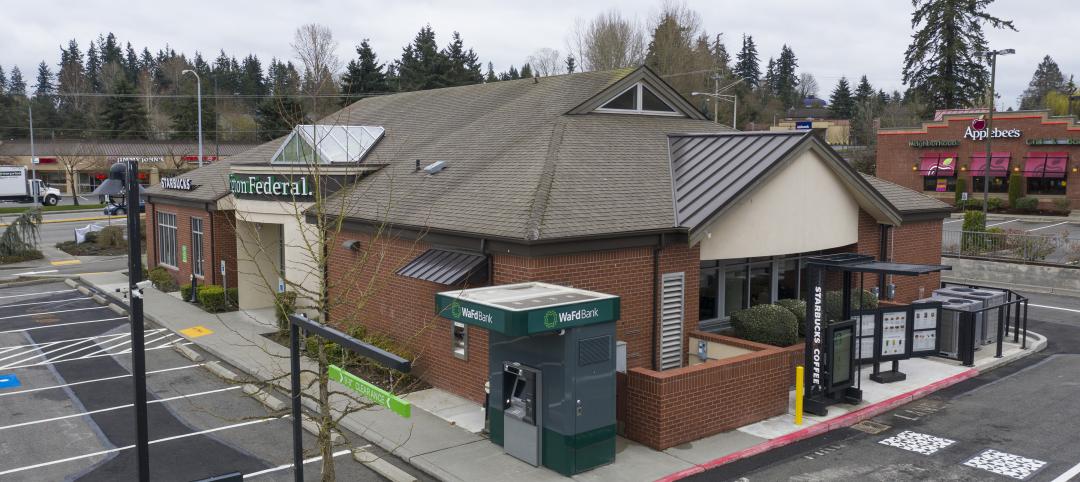New York City’s Fire, Buildings, and City Planning Departments in New York are writing rules to govern occupant-evacuation elevators, reflecting a change in philosophy of how to evacuate people from skyscrapers in an emergency.
The evacuation elevator cars can be used to move people down in an emergency in special circumstances. This is a dramatic change from decades of codes and practices based on the notion that elevators are perilous and undependable in fires or other emergencies.
That approach has become outmoded and is potentially dangerous for the extremely tall skyscrapers increasingly marking the New York skyline, city officials now believe. New York’s regulations now include the “third stair” in commercial towers higher than 420 feet. Builders of new high-rises must provide one more means of emergency exiting than the typical two stairways.
The City Planning Commission approved a measure that would allow developers to satisfy this requirement by providing an extra stairway (which would not be counted against the square footage they are allowed to build), by providing wider stairways and some occupant-evacuation elevators, or by making all elevators comply with occupant-evacuation standards.
Related Stories
Codes and Standards | Apr 23, 2020
Group will create ecosystem for smart building data
Seven Finnish companies aim to integrate all technical systems into a single platform.
Codes and Standards | Apr 23, 2020
COVID-19 epidemic demonstrates value of flexible hospital space
Some rooms being repurposed for ICU care.
Codes and Standards | Apr 15, 2020
Embodied carbon footprint can be reduced by using conventional materials
High-SCM concrete, and cellulose and wood fiber insulation among the greener alternatives.
Coronavirus | Apr 13, 2020
COVID-19 alert: City conducts a 'virtual building inspection' to allow Starbucks and bank to open
Bothell, Wash., issues a certificate of occupancy to developer after inspecting the property online.
Codes and Standards | Apr 13, 2020
Design competition focuses on reducing urban heat island effect
Cool Abu Dhabi aims to transform urban life in the Middle East.
Codes and Standards | Apr 13, 2020
What building science says about reducing COVID-19 transmission
Impact of temperature and relative humidity is unclear.
Codes and Standards | Apr 9, 2020
Owners retrofitting properties, monitoring performance during epidemic
Covid-19 outbreak may lead employers to reevaluate office commitments.
Codes and Standards | Apr 7, 2020
Dept. of Labor publishes guidance on paid sick leave, expanded family and medical leave
Includes fact sheets for employees, employers, and a questions and answers document.
Codes and Standards | Apr 1, 2020
Standards and codes meetings halted, postponed
ASTM International cancels in-person standards meetings; DOE’s National Energy Codes Conference postponed.
Codes and Standards | Mar 26, 2020
Ransomware attack on Canadian contractor underscores need for cybersecurity
Victimized company Bird Construction has defense, law enforcement contracts.
















